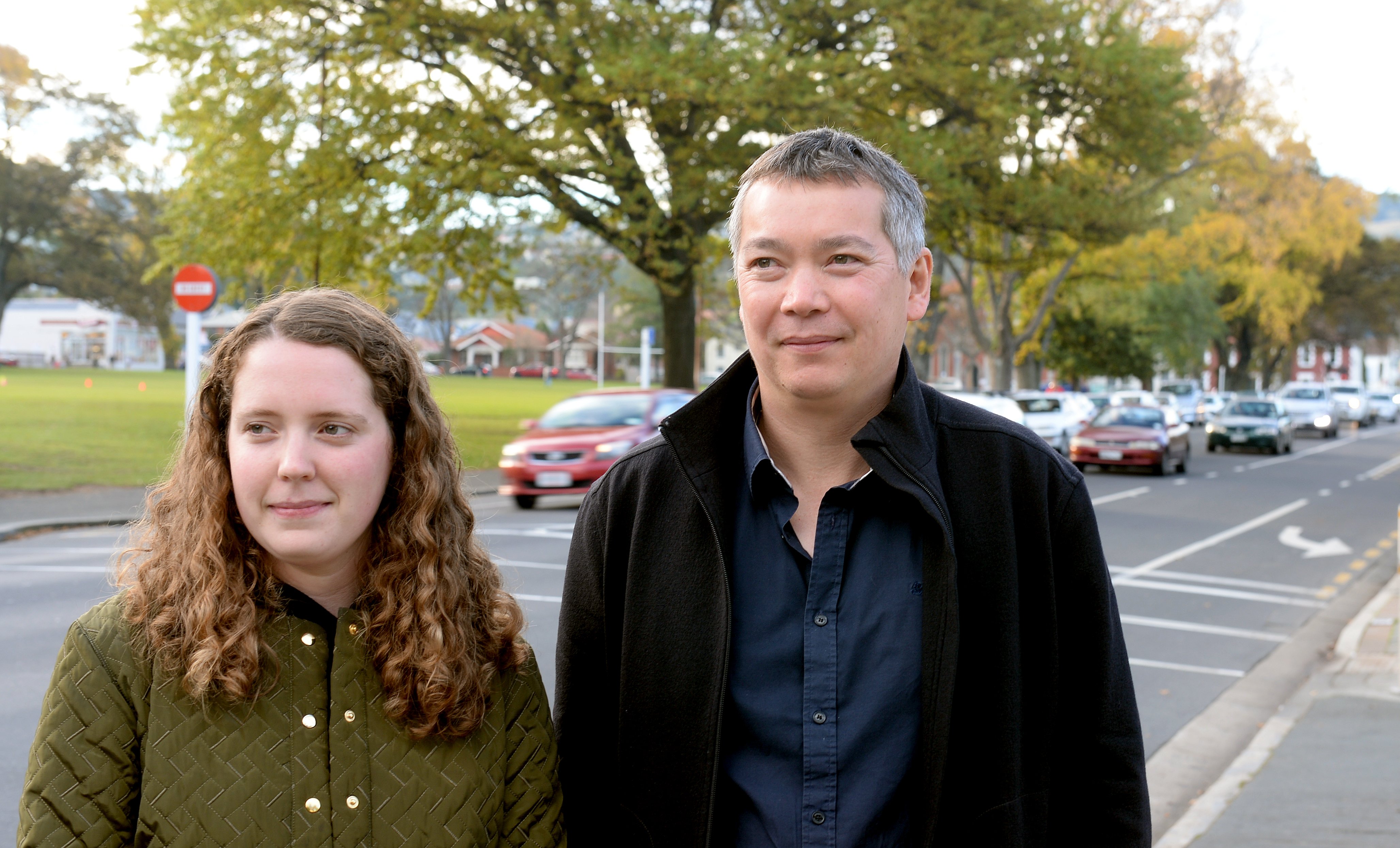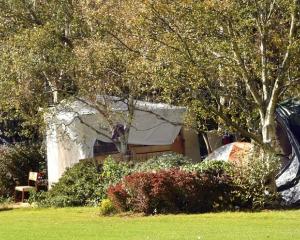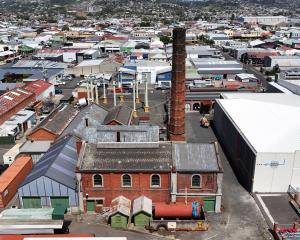
The study, which was carried out by the university’s centre for sustainability and funded by the Dunedin City Council, found only 37% of the energy consumption in the city came from renewable sources, 3% lower than the nationwide figure. Improvement could be made in the area of transport, which accounted for half of the city’s energy use, and in the use of coal for heating.
The study of the 2015-16 financial year showed Dunedin’s total energy use during year ending June 30, 2016 was 13.24 petajoules.
During the same period, that energy released 654 kilotonnes of greenhouse gases, 75% from petrol and diesel, 16% from electricity, 7% from coal and 2% from wood.
Centre for sustainability’s director Dr Janet Stephenson, one of the study’s supervisors, said the report showed there was room for improvement when it came to the size of Dunedin’s energy footprint.
"Transport fuels account for half of Dunedin’s energy use and three-quarters of Dunedin’s energy-related greenhouse gas emissions.
"This is the biggest area for action if we want to improve efficiency, productivity, health and emissions," Dr Stephenson said.
Action could involve moving to electric vehicles, more cycling and walking, e-bikes and better use of public transport.
Energy management programme director Dr Michael Jack, the study’s other supervisor, said very few, if any, similar studies had been carried out in New Zealand.
"The DCC is leading the way here in trying to measure the city’s energy use," Dr Jack said.
Measuring energy meant the council knew what areas to target as part of its energy plan.Apart from transport, coal use was another area where improvement could be made.
"Only about 60 households still use coal as their sole heating fuel, but another 4600 occasionally use it.
"We now know that about 30 Dunedin schools also use coal for heating, which isn’t ideal because it not only produces high levels of greenhouse gases but also produces particulate emissions that can have serious health impacts."
Some schools were converting to modern wood-fuelled boilers, but rather than putting pressure on schools to juggle with limited resources, he felt government funding should be set aside.
Fourth-year commerce student Olive Dippie, who produced the report while on a summer scholarship, said pulling the data together was a "huge exercise".
"We are really thankful for the assistance from businesses and government agencies, which all provided pieces of the puzzle."
Council corporate policy adviser Jessie Wu said the study would help it meet the goals of its energy plan aimed at improving energy efficiency and adapting to change.
"Having an understanding of what is going on currently with Dunedin’s energy use is important when it comes to figuring out what has to change."












